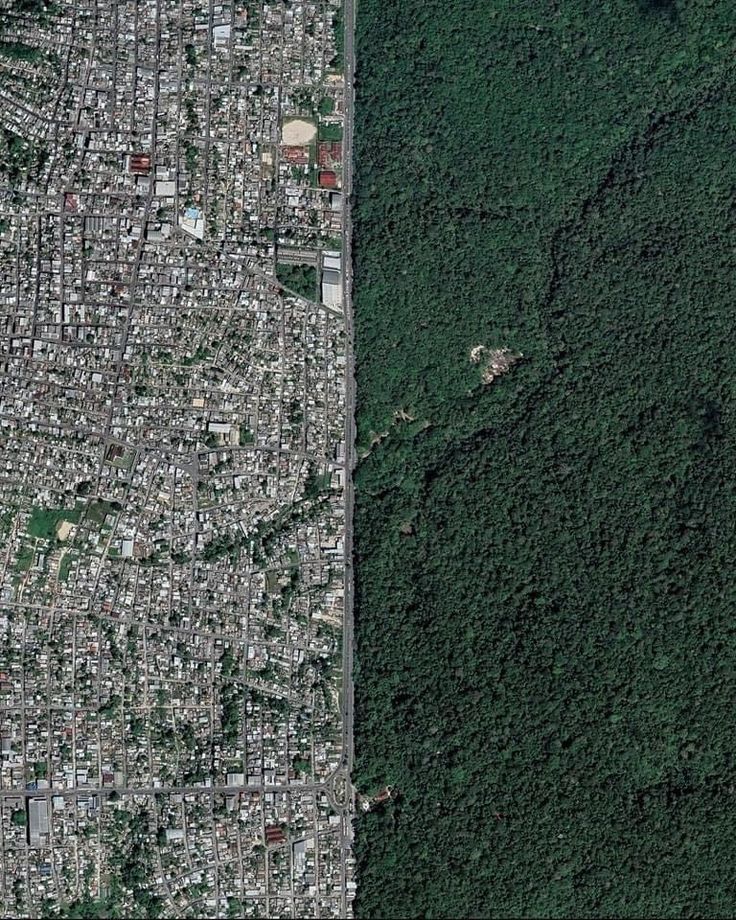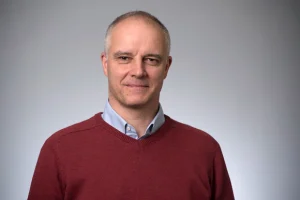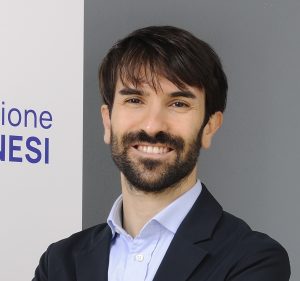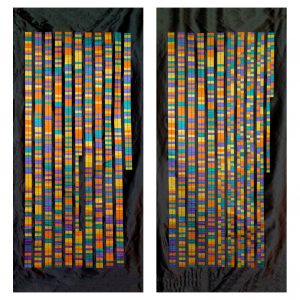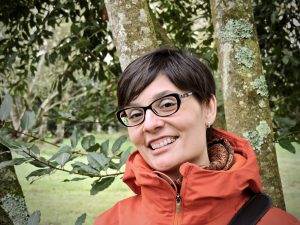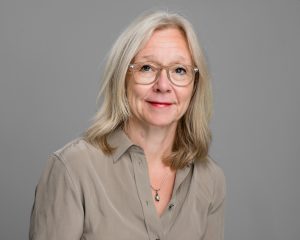Date: December 15, 2025 Time: 9:00 AM Venue: Room Formazione, basement floor, Building 15 (The event will be held in italian)
The design and assessment of the built environment rely on a wide range of concepts and ideals: promoting well-being and health, improving the sustainability and inclusiveness of buildings, preserving the historical value of built heritage. But how can these concepts be precisely defined? What epistemological challenges emerge when attempting to measure such values scientifically? And how can social impacts and ethical considerations be integrated? These questions give rise to a still largely unexplored space for dialogue between built-environment research and philosophical reflection.
Programme
9:00 Participant Registration
9:15 – Introduction Stefano Capolongo, Director of the ABC Department
9:30 – 10:30 – Roundtable by:
Thomas Bonnin, philosopher of science and postdoctoral researcher (META Initiative), ABC Department
Thomas Bonnin presents his philosophical approach to architectural research, which examines the epistemological foundations of the ethical aspects of science, aiming to understand how conceptual and methodological choices shape the possibility of translating scientific knowledge into socially relevant practices. Within a department strongly oriented toward approaches based on the continuous monitoring of buildings and their users, his contribution encourages a critical and constructive reflection on the possibilities and limits of applying scientific methods to the built environment.
Maddalena Buffoli, architect and associate professor in the Design&Health group, ABC Department
Through two case studies developed within the Design&Health group, Maddalena Buffoli explores the potential of interdisciplinary cross-pollination between philosophy and architecture. The first concerns an investigation of the methodological framework of Evidence-Based Design, with particular attention to finding a balance between contextual knowledge and general knowledge in spatial design. The second offers a reflection on the strategic definition of key concepts inside and outside the group, such as social health, inclusivity, and green spaces.
Laura Menatti, philosopher of science and associate researcher at the Institut d’Histoire et de Philosophie des Sciences et des Techniques, Université Paris 1 Panthéon-Sorbonne
Laura Menatti has developed over several years an international research oriented toward bringing philosophy into dialogue with other disciplines, including psychology, architecture, and medicine – disciplinary fields traditionally kept separate – in which philosophy serves as a mediating force. Her work on the concepts of landscape and environment integrates insights from psychology, philosophy, and public health. More recently, she has proposed a conceptualization of health grounded in the notion of adaptivity, which integrates the salutogenic approach in medical sociology with theoretical biology. These proposals are not merely abstract: Laura’s research has been informed by fieldwork- specifically in architecture and psychology- and can bring concrete changes to how the built environment is interpreted and to research priorities in this domain.
10:30 – 11:00 – Q&A
11:00 – Closing Remarks
Download the Conference Flyer & Fill the form to participate: Registration Form
Join the meeting online: La filosofia nell’ambiente costruito: concetti, metodi, impatti
Curated by Thomas Bonnin – META

